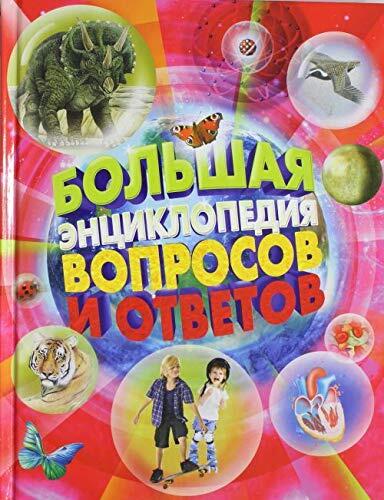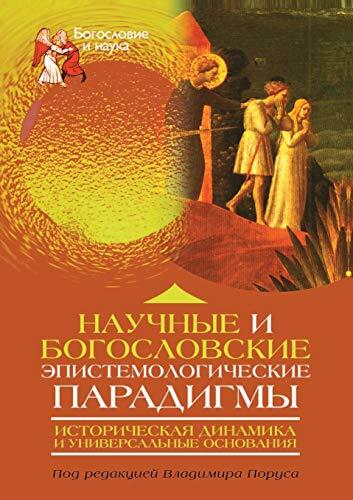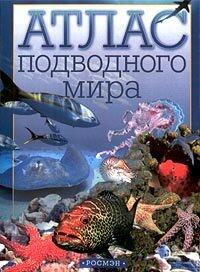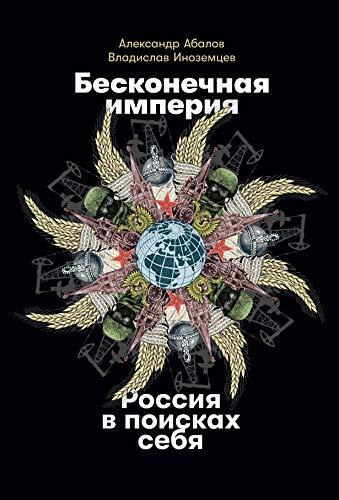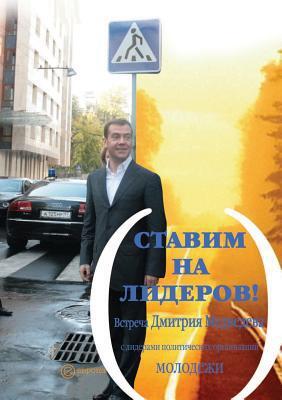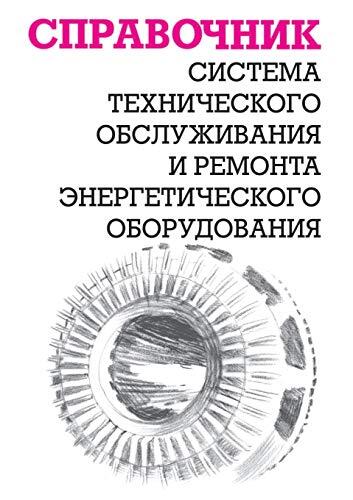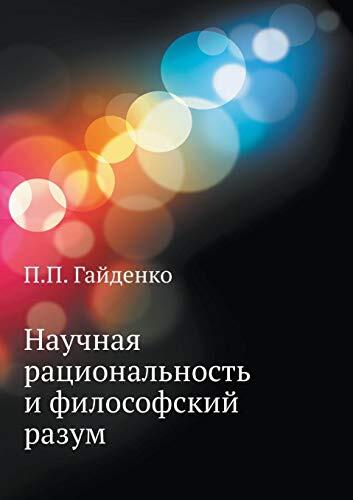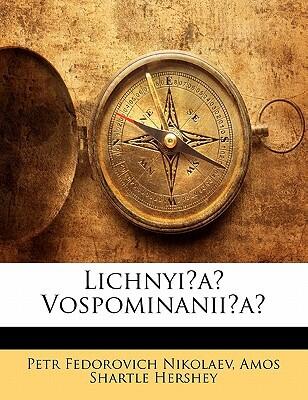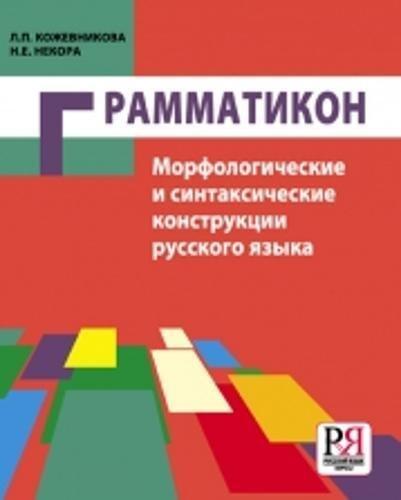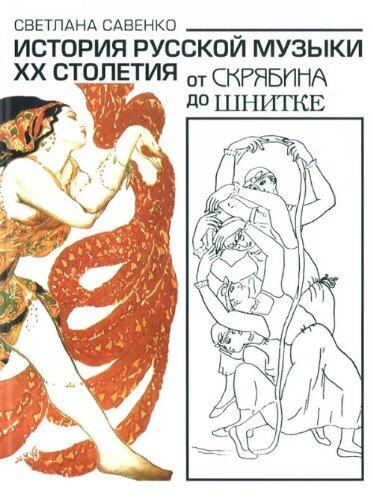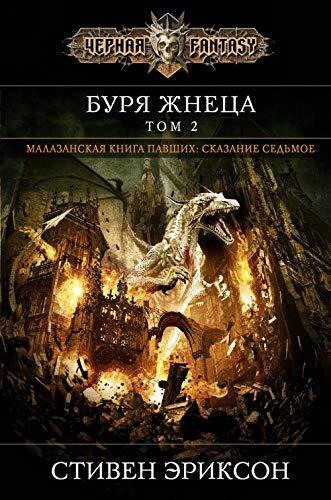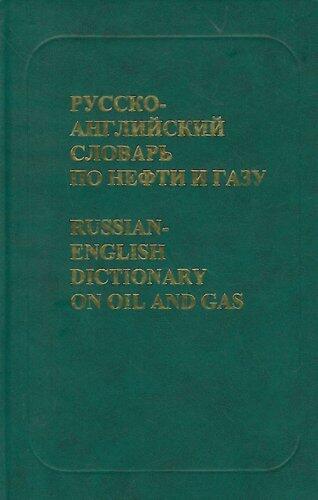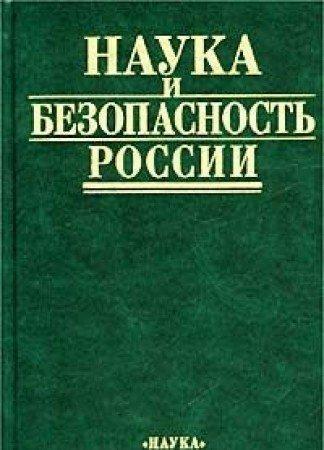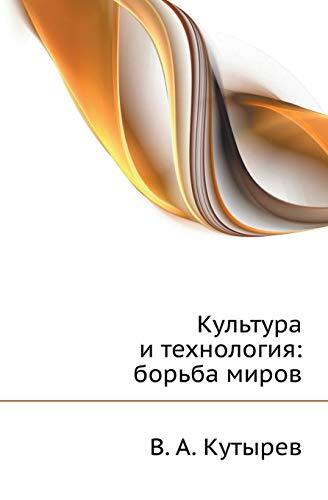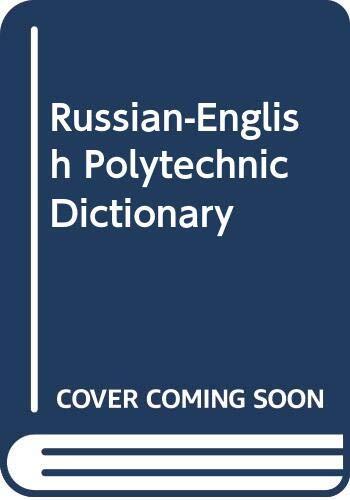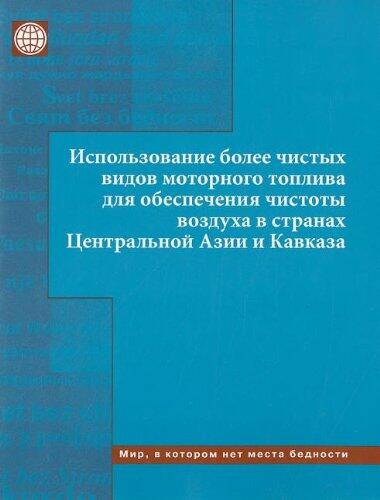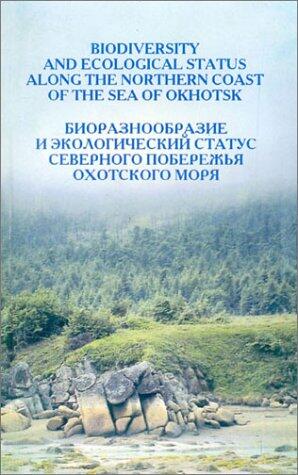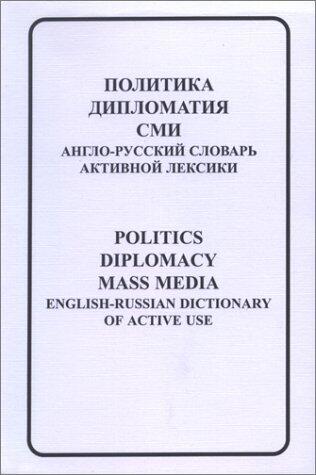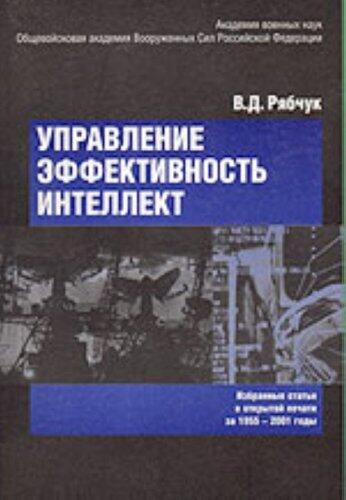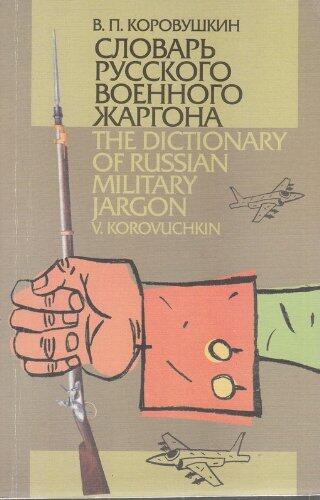
Slovarʹ russkogo voennogo zhargona: nestandartnai︠a︡ leksika i frazeologii︠a︡ vooruzhennykh sil i voenizirovannykh organizat︠s︡iĭ Rossiĭskoĭ Imperii, SSSR i Rossiĭskoĭ Federat︠s︡ii XVIII-XX vekov
由
V. P. Korovushkin
还没有评分
Science & Technology
Art & Photography
格式
平装书
页数
371
语言
俄语
已发布
Jan 1, 2000
出版商
Izd-vo Uralʹskogo universiteta
ISBN-10
5752506921
ISBN-13
9785752506925
描述
V. P. Korovushkin's work offers a deep dive into the unique and intriguing world of Russian military jargon, spanning centuries from the 18th to the 20th century. This comprehensive dictionary captures the substandard lexicon and idiomatic expressions that have emerged within the armed forces and militarized organizations of Russia, including the Imperial era, the Soviet Union, and the contemporary Russian Federation.
The book highlights the evolution of language used by military personnel, detailing how societal and political changes influenced vocabulary and phrases over time. Readers can expect to find a rich tapestry of terms that reflect not just operational language, but also the cultural nuances and camaraderie unique to military life. The intricate connections between language and identity are touched upon, showcasing how slang and jargon have fostered a sense of belonging among service members.
Korovushkin meticulously examines various forms of expression, from the playful to the serious, providing insight into the mindset of soldiers throughout Russian history. Each entry is a window into a world where language serves not only as a tool for communication but also as a means of camaraderie, rebellion, and tradition.
In unraveling the complexities of military jargon, this work stands as an invaluable resource for linguists, historians, and anyone interested in the interplay between language and culture in a military context. It invites exploration of a linguistic heritage that has been shaped by conflict, duty, and the bonds forged under the weight of shared experiences.
The book highlights the evolution of language used by military personnel, detailing how societal and political changes influenced vocabulary and phrases over time. Readers can expect to find a rich tapestry of terms that reflect not just operational language, but also the cultural nuances and camaraderie unique to military life. The intricate connections between language and identity are touched upon, showcasing how slang and jargon have fostered a sense of belonging among service members.
Korovushkin meticulously examines various forms of expression, from the playful to the serious, providing insight into the mindset of soldiers throughout Russian history. Each entry is a window into a world where language serves not only as a tool for communication but also as a means of camaraderie, rebellion, and tradition.
In unraveling the complexities of military jargon, this work stands as an invaluable resource for linguists, historians, and anyone interested in the interplay between language and culture in a military context. It invites exploration of a linguistic heritage that has been shaped by conflict, duty, and the bonds forged under the weight of shared experiences.
